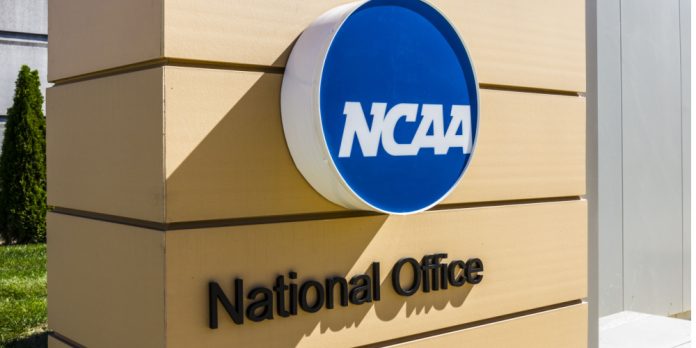It was only just this past June that the NCAA introduced a revised, tiered system on how the governing body intended to handle sports betting violations by its student-athletes. However, the organization has decided to reevaluate and potentially change how the growing betting industry is handled going forward.
The Collegiate Commissioners Association has asked the Division I Committee on Student-Athlete Reinstatement and Legislative Committee to look into the process of reinstating athletes found to be in violation of the policy.
“We continue to put student-athlete well-being front and center in the Association’s efforts around sports wagering, including this week’s action related to reconsideration of penalties that members believe have been overly punitive to student-athletes,” NCAA President Charlie Baker said. “This is an important step toward modernizing the NCAA’s approach to sports wagering. Included in that updated approach is our plan to advocate through state and federal legislators to reduce harassment of young people from bettors and to increase education efforts to help prevent problem gambling in the student population.”
The draft of proposed new regulations suggests revising the penalties and looking at the number of offenses when considering how to respond to student-athletes caught betting.
Rather than look at the sum wagered, the draft rules would eliminate game bans for athletes on their first offense but would continue to include player education.
On a second offense, the possibility of suspensions would be available depending on how much money had been wagered. A third offense could result in the loss of a year of eligibility.
As the release noted:
“The commissioners and the council underscored a desire to re-center student-athlete health and well-being as a primary focus and prioritize treatment and education over sanctions when integrity of competition is not in question, particularly in the rapidly evolving wagering landscape in which online gambling is prevalent.”
The NCAA will continue to work with EPIC Risk Management to educate student-athletes about sports betting and integrity. The program has reached over 20,000 students to date.
The release also suggested that the group will be working more with state and national lawmakers to address the growing harassment of student-athletes. States like Ohio are already taking action to limit the betting of anyone caught verbally threatening athletes on social media.














